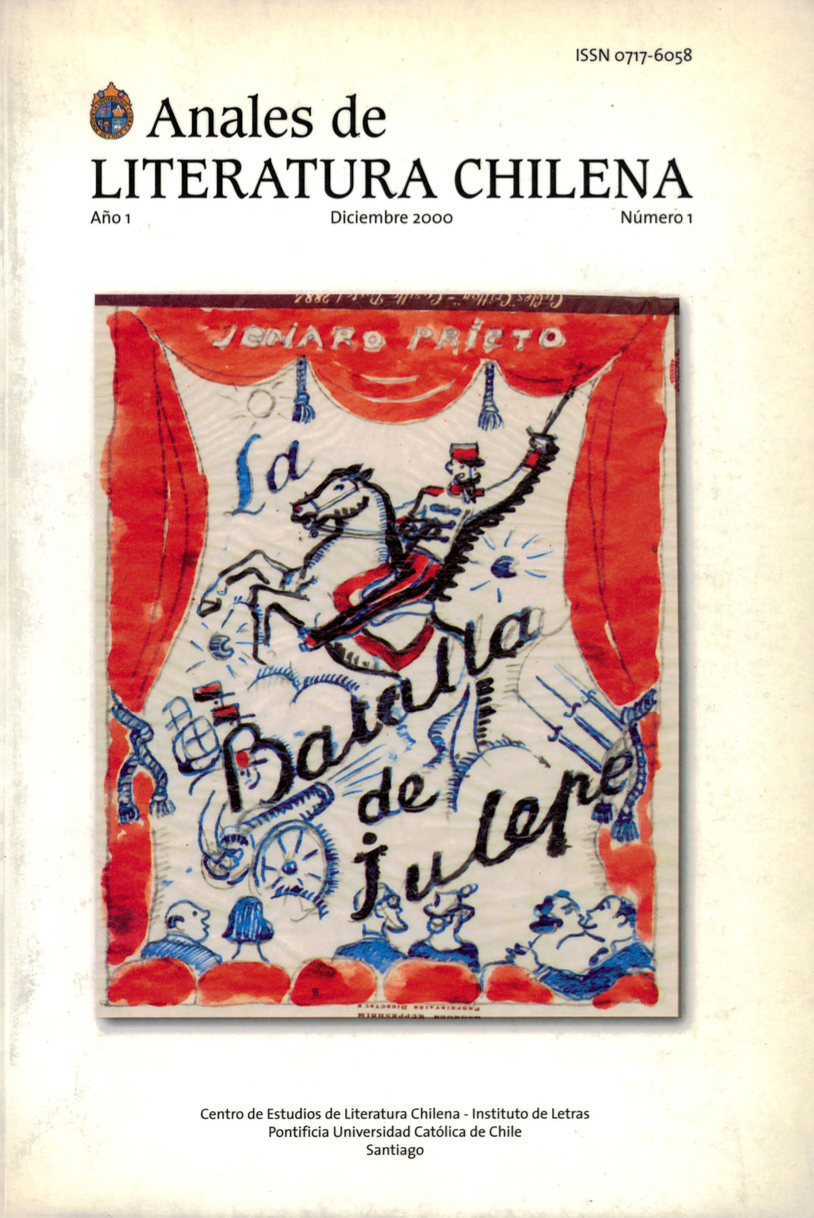Oír su voz: ¿Social novel or translucid realism?
Abstract
Oír su voz (1992), a novel written in the postmodern tradition by Arturo Fontaine Talavera, brings up to date the life of "picaros" and the economic exploits of the Chilean Chicago Boys under the rule of Pinochet's dictatorship. Within the perspective of "politics of desire" (G. Deleuze), some of its textual procedures are described. paratextual insights, the voice of painting, the two faces of desire, the narrative bodies of listening (R. Barthes), among others. I come to the conclusion that Oir su voz discursive realism is not essentialist (narrated from a single viewpoint like realist novels such as Huasipungo, Doña Bárbara, etc.) but "translucid" (narrated from multiple points of view, providing a more complex and less fixed view of reality). This is the realist discourse that results from the imaginative reconstruction of the structures of everyday world.
Downloads
Downloads
Published
How to Cite
Issue
Section
License

This work is licensed under a Creative Commons Attribution-NoDerivatives 4.0 International License.


